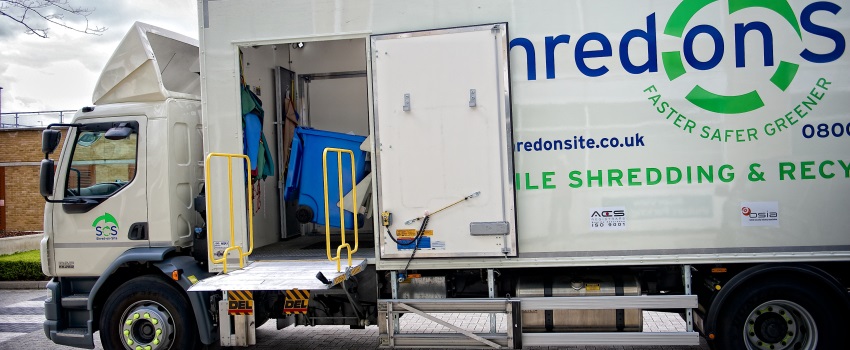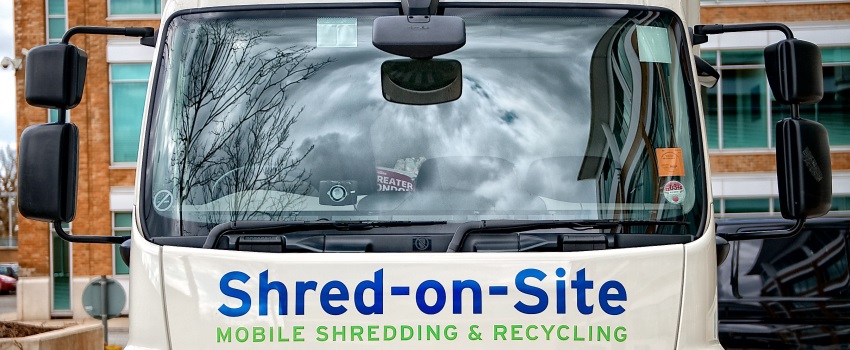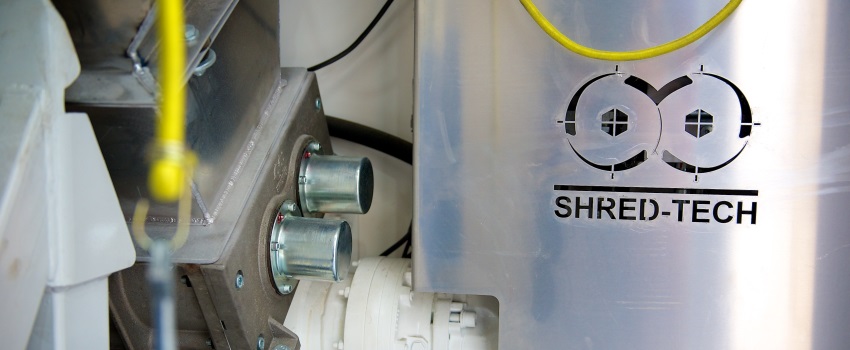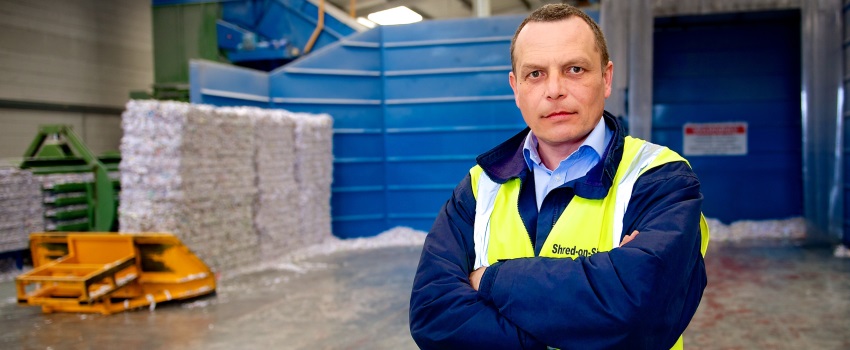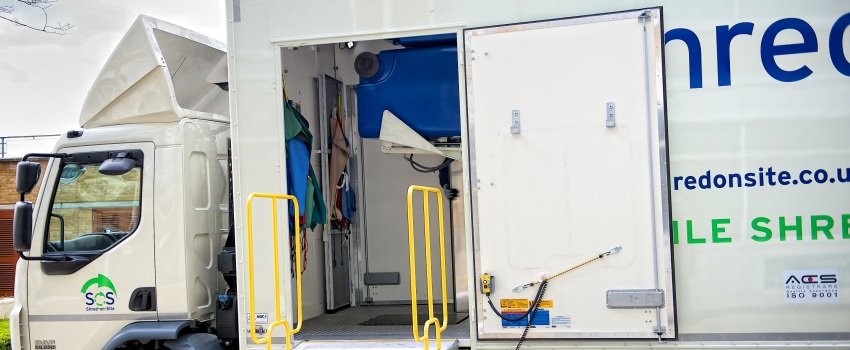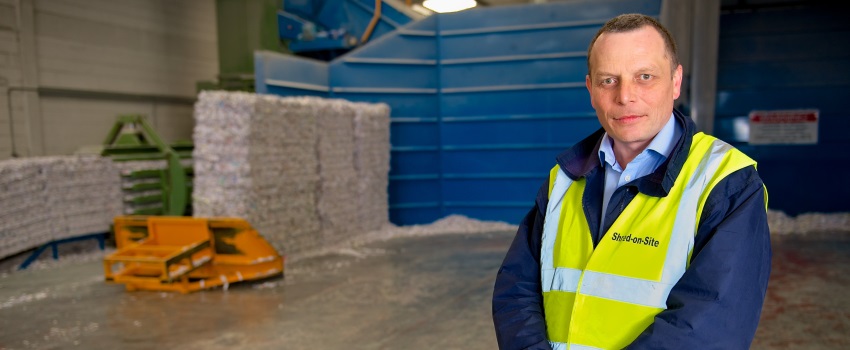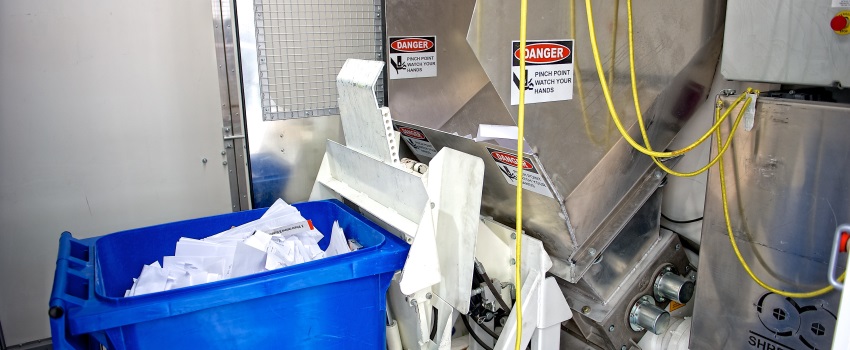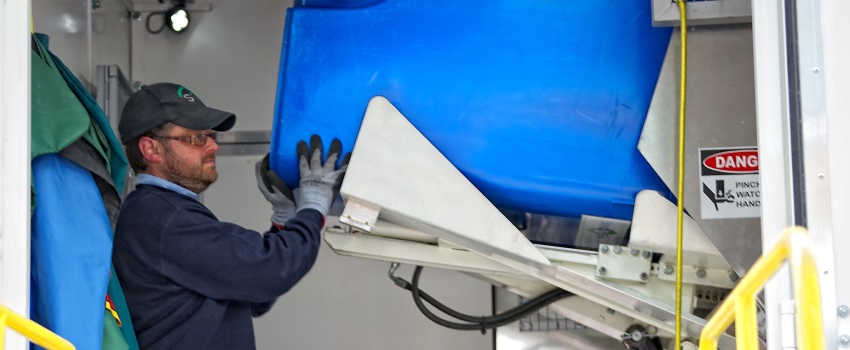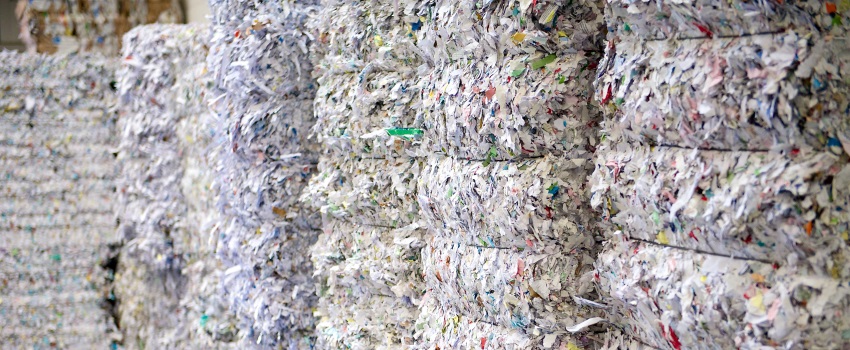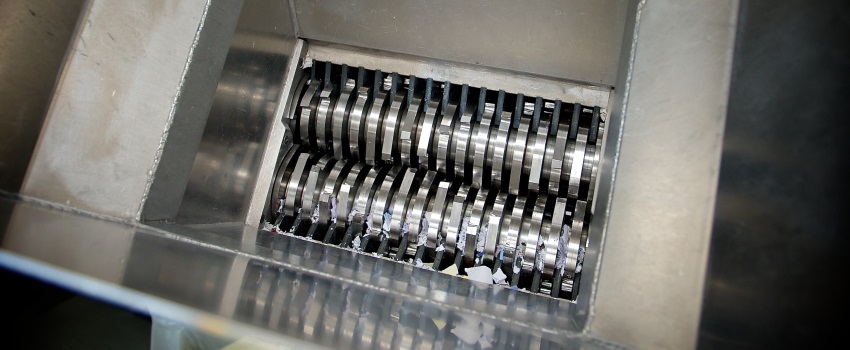Do your in-house security processes sufficiently protect against data breaches?
In 2016, security breaches cost UK businesses almost £30 billion. Firms both large and small are increasingly concerned about the potential for data loss, which could occur both physically and in the online world. With the incoming General Data Protection Regulation (GDPR) in force from May 2018, the rules for data protection are becoming increasingly stringent and the penalties more severe for personal data loss. For businesses, in-house security process are the first line of defence against a potential data breach.

